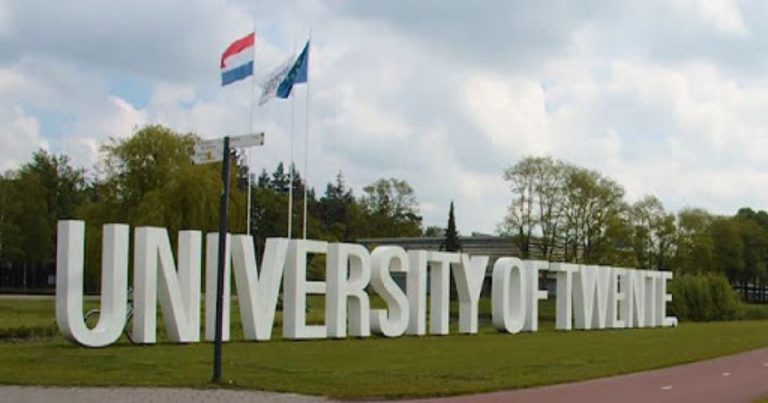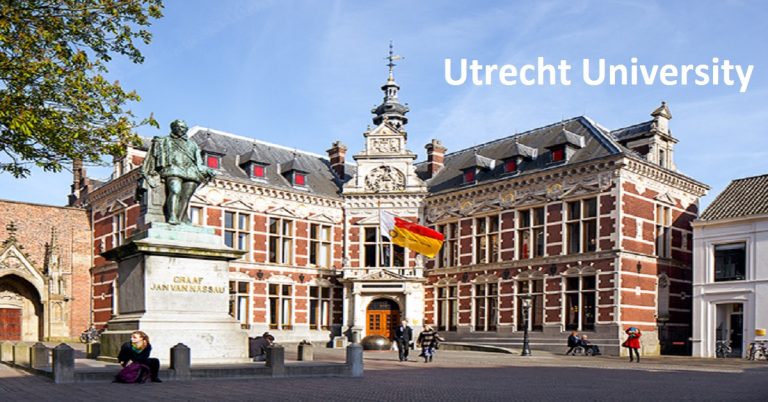There is a vacancy for a PhD Research Fellow in remote sensing and machine learning of snowpack properties at the Department of Earth Science.The position is for a fixed-term period of 3 years with the possibility of a 4th year with compulsory other work (e.g. teaching duties at the Department). The position is financed by the SnowAI project funded by the Akademiaavtalen between University of Bergen and Equinor.
About the project/work tasks
The successful candidate will work on integrating time series of optical and SAR satellite imagery within a deep learning machine learning framework to develop a novel method for estimating snowpack properties from Earth Observational data at high spatial and temporal resolutions. This will involve training a Long Short-Term Memory (LSTM) model to link surface processes with layers within the snowpack, as well as predicting snow depth, snow water equivalent, and the stratigraphical characteristics of the snowpack in Western Norway. The SnowAI project also includes using low-cost sensors to monitor snowpack properties in real-time, and collecting UAV, geophysical, and in-situ field data, all of which will be used for model calibration and validation purposes. The PhD candidate may participate in these activities if desired, although it is also feasible to complete the PhD as a desk-based study. The candidate will benefit from a diverse supervisory committee from the University of Bergen, the University of Oslo, the Norwegian Water Resources and Energy Directorate (NVE) and international collaborators in New Zealand, Austria, Germany, and Canada, with the potential option of a research stay at one of these partner institutions.
Qualifications and personal qualities
- Applicants must hold a master’s degree or equivalent education in Earth Science, Geography, Computer Science, or similar. Master students can apply provided they complete their final master exam before 01.10.2024. It is a condition of employment that the master’s degree has been awarded.
- Experience working with remote sensing data (optical, SAR, thermal) or geospatial data is a requirement
- Applicants must have good skills in programming applied to geospatial data such as satellite data.
- Experience applying machine learning and deep learning methods to geospatial data is an advantage.
- Experience (for example a master project or internship) working with snow or the cryosphere is an advantage.
- Applicants must be able to work independently and in a structured manner and demonstrate good collaborative skills.
- Applicants must be proficient in both written and oral English
Personal and relational qualities will be emphasized. Ambitions and potential will also count when evaluating the candidates.
Special requirements for the position
The University of Bergen is subjected to the regulation for export control system. The regulation will be applied in the processing of the applications.
About the PhD position
About the PhD Research Fellow
The fellowship will be for a period of 3 years, with the possibility for a 4th year, consisting of 25% compulsory work (e.g. teaching responsibilities at the department) distributed over the employment period. The 4th year is contingent on the qualifications of the candidate and the teaching needs of the department and will be decided by the head of department upon appointment.
The employment period may be reduced if you have previously been employed in a qualifying post (e.g. research fellow, research assistant).
About the research training
As a PhD Research Fellow, you must participate in an approved educational programme for a PhD degree within a period of 3 years. The deadline for applying for admission to the PhD programme at The Faculty of Mathematics and Natural Sciences is 2 months after you start your position or after the start of the research project that will lead to the PhD degree. It is a condition that you satisfy the enrolment requirements for the PhD programme at the University of Bergen.
We can offer
- a good and professionally stimulating working environment
- salary as PhD research fellow (code 1017) in the state salary scale. This constitutes a gross annual salary of NOK 540 500 (equivalent to pay grade 55). Further increases in salary are made according to length of service in the position.
- enrolment in the Norwegian Public Service Pension Fund
- good welfare benefits
Your application must include
- a brief account of the applicant’s research interests and motivation for applying for the position (1 page max)
- the names and contact information for two referees. One of these should be the main advisor for the master’s thesis or equivalent thesis.
- Short statement detailing the applicants research plan on the PhD topic (2 page max)
- CV
- transcripts and diplomas showing completion of the bachelor’s and master’s degrees. If you have not yet completed your master’s degree, please submit a statement from your institution confirming the expected date of award of your master’s degree. Your master’s degree must be documented with transcripts and/or diploma, alternatively a confirmation from your institution on completed degree and your grade, by 01.10.2024.
- relevant certificates/references
- approved documentation of proficiency in English (if required, cf English language requirements for PhD admission)
- a list of any works of a scientific nature (publication list)
The application and appendices with certified translations into English or a Scandinavian language must be uploaded at Jobbnorge.
General information
For further details about the position, please contact Associator Professor Benjamin Robson (benjamin.robson@uib.no).
For HR related questions contact HR-advisor Chris-André Karlsen Østevold, Chris-andre.karlsen@uib.no.
The state labour force shall reflect the diversity of Norwegian society to the greatest extent possible. Age and gender balance among employees is therefore a goal. It is also a goal to recruit people with immigrant backgrounds. People with immigrant backgrounds and people with disabilities are encouraged to apply for the position.
We encourage women to apply. If multiple applicants have approximately equivalent qualifications, the rules pertaining to moderate gender quotas shall apply.
The University of Bergen applies the principle of public access to information when recruiting staff for academic positions.
Information about applicants may be made public even if the applicant has asked not to be named on the list of persons who have applied. The applicant must be notified if the request to be omitted is not met.
Further information about the employment process can be found here.
Life as a PhD candidate at UiB
Marion Claireaux tells about life and work as a PhD candidate at UiB.
…
(Video unable to load from YouTube. Accept cookie and refresh page to watch video, or click here to open video)
About UiB
The University of Bergen is a renowned educational and research institution, organised into seven faculties and approximately 54 institutes and academic centres. Campus is located in the centre of Bergen with university areas at Nygårdshøyden, Haukeland, Marineholmen, Møllendalsveien and Årstad.
There are seven departments and several centres at Faculty of Mathematics and Natural Sciences. Read more about the faculty and departments.

